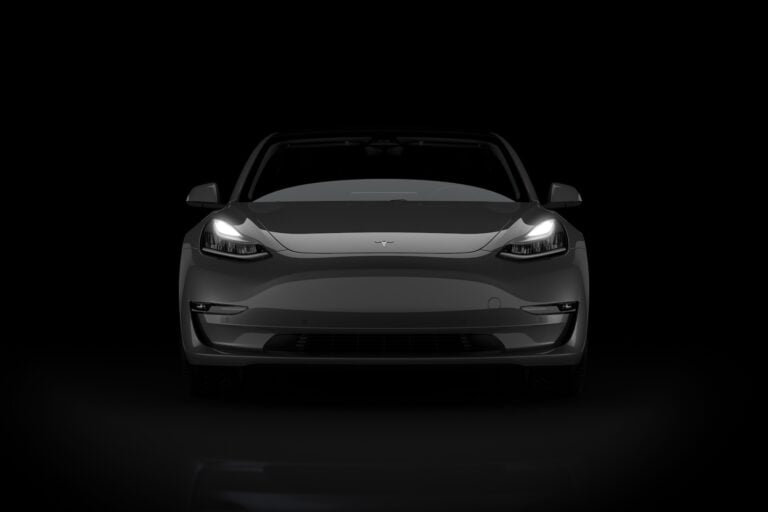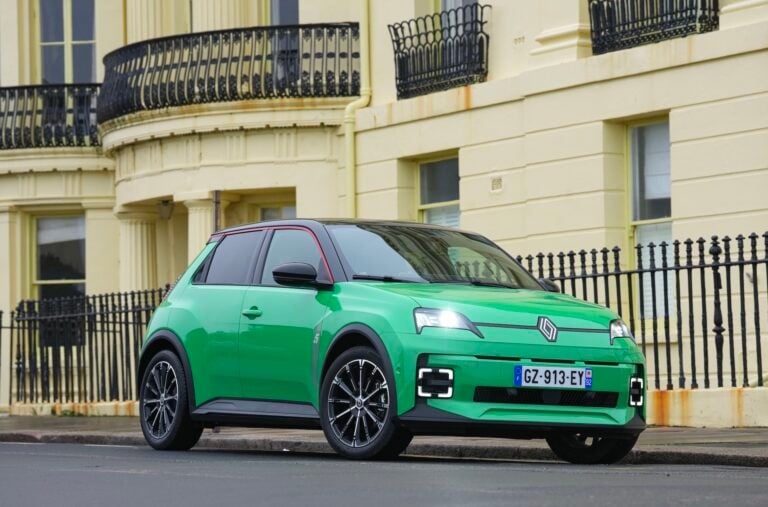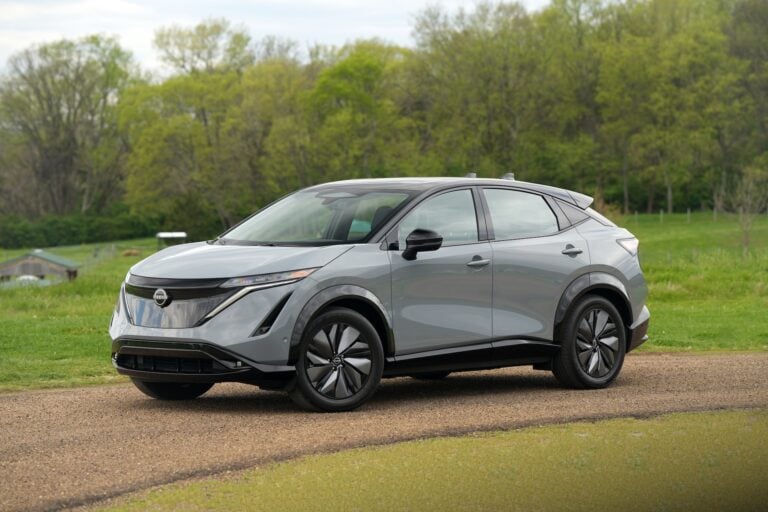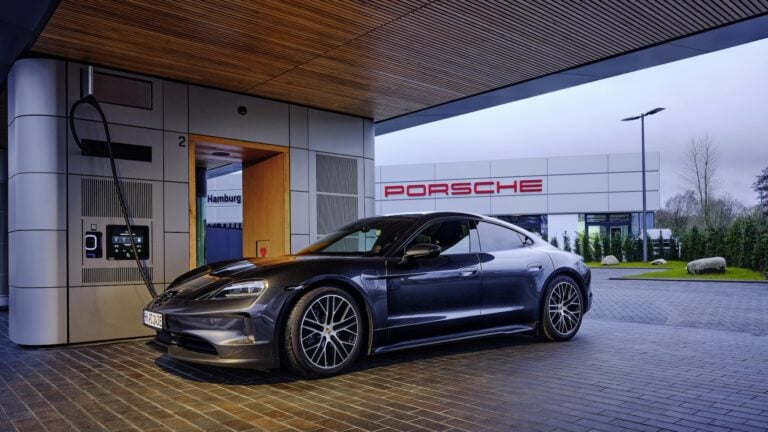Deloitte, a global leader in consulting, has partnered with Autonomy, a pioneer in automotive subscriptions, to transform the electric vehicle (EV) landscape. This strategic collaboration aims to make EVs more accessible and affordable, addressing key barriers to widespread adoption.
Why It Matters
The shift towards electric vehicles is a critical component in the drive for sustainable transportation. However, high costs and economic inclusivity have been significant hurdles. Deloitte’s partnership with Autonomy represents a pivotal step in overcoming these challenges. By introducing more consumer-friendly mobility subscription models, this alliance not only promotes environmental responsibility but also democratizes access to cleaner transportation solutions.
Key Points
- Expansion of Deloitte’s Services: Deloitte will enhance its client offerings, helping it launch mobility subscription models more efficiently.
- Autonomy’s Technological Edge: Autonomy’s platform offers a flexible alternative to traditional vehicle financing methods, such as loans and leases, allowing for better integration into existing company services.
- Economic Barriers in EV Adoption: A Deloitte report identifies high costs as a primary obstacle in EV adoption, underscoring the need for more economically inclusive solutions.
- Digital-First Mobility Options: The partnership emphasizes the importance of digital solutions in vehicle monetization and in attracting new, environmentally conscious consumers.
- Consumer Trends: Increasing consumer preference for flexible, usage-based products is driving the shift towards subscription services in the automotive industry.
Bottom Line
The strategic agreement between Deloitte and Autonomy marks a significant development in the automotive industry, particularly in the EV sector. By leveraging Autonomy’s scalable technology and Deloitte’s extensive client network, this partnership could catalyze a major shift towards sustainable and economically accessible EV solutions. It’s a move that aligns with evolving consumer demands for convenience and sustainability, potentially setting a new standard in automotive mobility and environmental stewardship.








